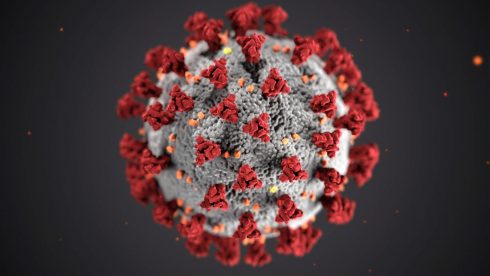PLANS to restrict hospitality and nightlife businesses under certain circumstances are to be discussed this Tuesday afternoon by Spain’s Public Health Commission.
The body includes representatives of the country’s 17 regions and the Ministry of Health, but its recommendations are not mandatory.
Proposals would go to the Interterritorial Council for further discussion but decisions are ultimately down to regional governments and approval by their Supreme Courts.
The Commission will debate whether or not to recommend indoor closure of hospitality businesses from 11.00 pm if they are in a area that is classified as being ‘medium risk’ for COVID infections coupled with increased hospitalisations.
The ‘medium risk’ category is reached when 100 cases per 100,000 people is exceeded.
Further interior hospitality restrictions are proposed in regard to capacity if case numbers rise further and leading to full inside closure if the ‘extreme risk’ category of 500 cases per 100,000 is reached.
Other proposals to be debated today include closing nightlife businesses at 1.00 am, which again depends on infection rates.
The Commission backs up figures from the regions that the majority of new COVID cases are coming from unvaccinated children aged 12 and under.
The Murcia region, for example, said on Monday that 85% of its rising infection rate was down to ‘family and social gatherings’, with young children accounting for the vast bulk of new cases.
One of the reasons that the Basque Country Supreme Court yesterday rejected plans for a COVID passport was that they could not understand what child infections had to do with restricting entries to bars, restaurants, and nightclubs.
Image Credit: Cordon Press
READ MORE: HIGH PERCENTAGE OF MURCIA AREA BARS AND CLUBS ARE BREAKING COVID-19 SAFETY RULES
BASQUE JUDGES REJECT REGIONAL COVID-19 PASSPORT PLANS
Click here to read more Coronavirus News from The Olive Press.








